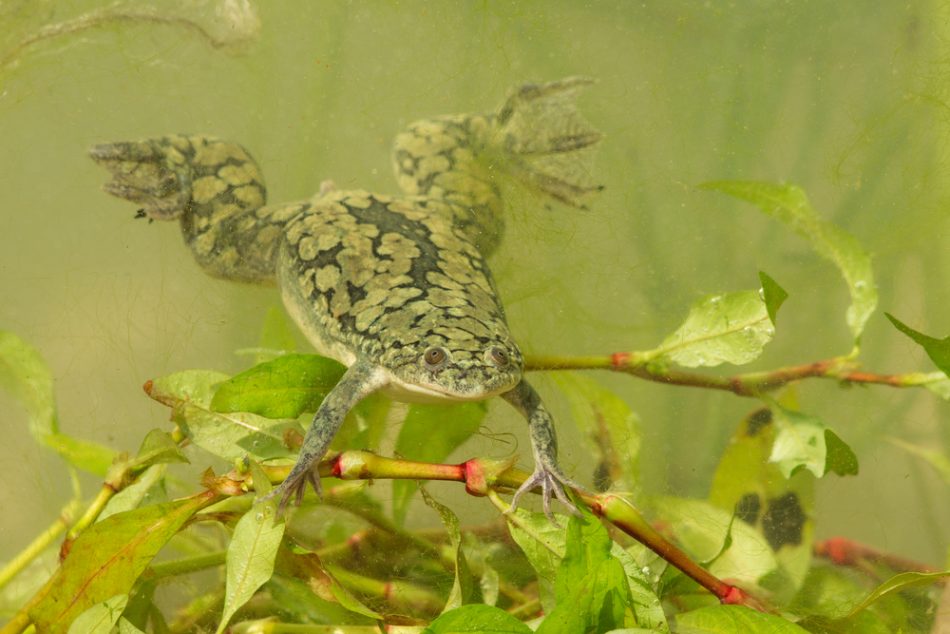
How scientists created fake muscle full of real protein
Science is always making advances to further help the lives of amputees, from providing more control over prosthetics, to creating lighter, more comfortable solutions. Some scientists even hope to allow amputees to regrow their own limbs one day! While we wait for this possibility, a research Read More...

Scientists help frogs regrow amputated limbs
A recent study, published in Science Advances, has brought us one step closer to regenerative medicine. In a collaborative effort from Tufts University and Harvard, the teams were able to regenerate an adult African clawed frog’s (Xenopus laevis) limb, something they are naturally unable to Read More...

Headless Hydras: Unlocking the secrets behind their immortality
What are hydras? Scientists often take inspiration from nature to tackle problems facing human kind. The latest case of this is a study looking at Hydra vulgaris, a marine animal that is considered immortal! The tube-shaped creatures are one to three centimeters long. They reside in freshwater, Read More...

Robots with ‘human like’ brains able to escape maze
Mazes are commonly used in psychology to assess the behavior of rats and mice. As scientists create more and more human-like robot brains, they thought it was time for the machines to have a turn. Robot vs. maze Teams from the Eindhoven University of Technology and the Max Planck Institute for Read More...

New amputation technique gives amputees more control over prostheses
Physically healthy humans often take for granted the amazing mechanisms at work that allow their bodies to function. The fact that we can keep track of where our limbs are without visible confirmation is something we probably never marvel at, but it’s actually the result of incredible Read More...

Amputees perceive their legs as too heavy, but scientists have a solution
Despite the fact that prosthetic legs are usually less than half the weight of a natural limb, leg amputees often perceive their prosthesis as too heavy. This is due to the loss of sensory feedback that amputees suffer from. In order to restore sensory feedback and help amputees perceive their Read More...


